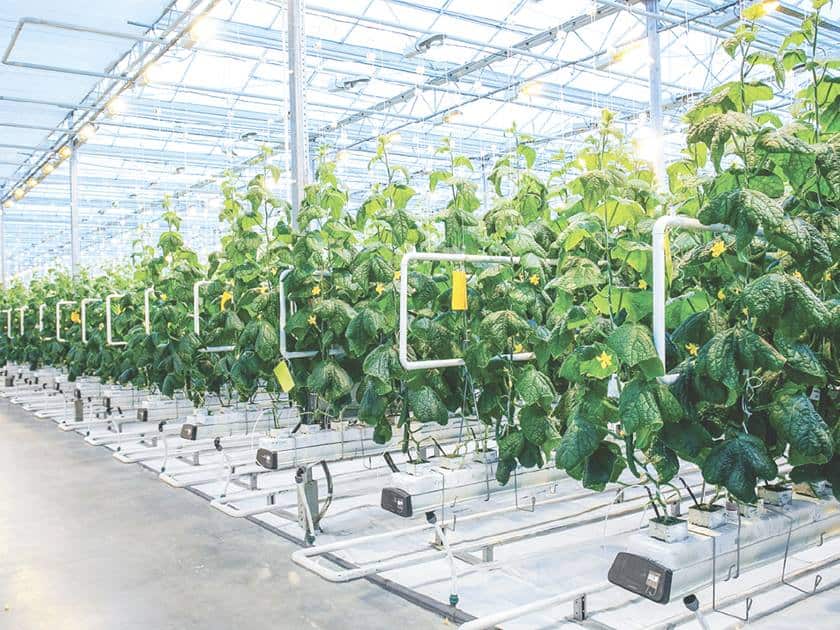DOHA, QATAR – The Qatari agricultural sector has made a huge leap towards achieving food security. Vegetable production increased from 55,000 tons in 2017 to about 97,000 tons in 2022, an increase of 76 percent, said the country’s Food Security Department Director Dr Masoud Jarallah Al Marri.
He added that to support productive Qatari farms in marketing their products directly and to ensure that consumers obtain their needs for fresh local vegetables, the agricultural product yards will continue to operate during the blessed month of Ramadan.
The Qatari agricultural product yards are considered one of the most important marketing programs that the agricultural sector at the Ministry of Municipality launched in recent years.
The Ministry has opened five yards for the Qatari agricultural product in the areas of Al Mazroua, Al Khor, Al Thakhira, Al Wakra, Al Shamal, and Al Sheehaniya. The idea of the yards is to provide an opportunity for the Qatari agricultural product to market its own production without an intermediary, which contributes to reducing marketing costs to the lowest possible extent, as well as reducing vegetable waste.
Reports indicate that Qatar’s production of some vegetables exceeds domestic consumption rates, and the local market needs about 2,000 tons of cucumbers and about 5-6,000 tons of tomatoes per month, and these needs are secured through Qatari farms during the agricultural seasons.

The demand during the month of Ramadan is witnessing an increase by outlets and shops for local vegetables, as they have become completely dependent on them, especially during the winter season when it reaches 100 percent, as these products now fully cover consumer demand.
The Qatar National Food Security Strategy 2018-2023, which is entering its final year, focused on four main pillars: international trade and logistics, domestic self-sufficiency, strategic reserves, and enabling factors: local markets.
The Ministry of Municipality is presently in the process of preparing a strategic plan for ensuring food security in the agricultural sector until 2030. This plan will include goals, development areas, initiatives, and outputs that will be shared with the private sector.
Additionally, the Ministry is working on launching an initiative to enhance agricultural services and implement digital transformation projects in the sector, such as agricultural digitization and a digital farmer community. These initiatives will improve efficiency and support decision-making in this crucial sector of the country.
With the beginning of the holy month of Ramadan, there has been a surge in demand for goods, food products, and requirements of the holy month, in the local markets. The market has witnessed a diversity that allows consumers to choose between goods in terms of prices and quality, and to choose what suits them.
One of the most demanded products during the holy month is agricultural products, especially vegetables, whose consumption rate increases during holiday seasons. The increase in demand for vegetables has been matched by an increase in national production during the past few years, according to figures issued by the concerned authorities.
Al Marri stated that agricultural production in the State of Qatar covers most of the needs of the local market in terms of some main varieties of vegetables, such as cucumbers and tomatoes.
Agricultural production reaches its peak during the months of March and April, which coincides with the month of Ramadan this year. Therefore, local vegetables will be available in abundance during the holy month to cover most of the domestic demand.
Al Marri added that the holy month of Ramadan usually witnesses an increase in the volume of vegetable consumption compared to the rest of the year, and the local demand for some varieties of Qatari vegetables increases during the month of Ramadan, as they are fresh and of high quality. The agricultural sector at the Ministry of Municipality works to coordinate with producing farms in the country to increase the areas planted with vegetables, to contribute to covering consumers’ needs for vegetables during this period of the year.







